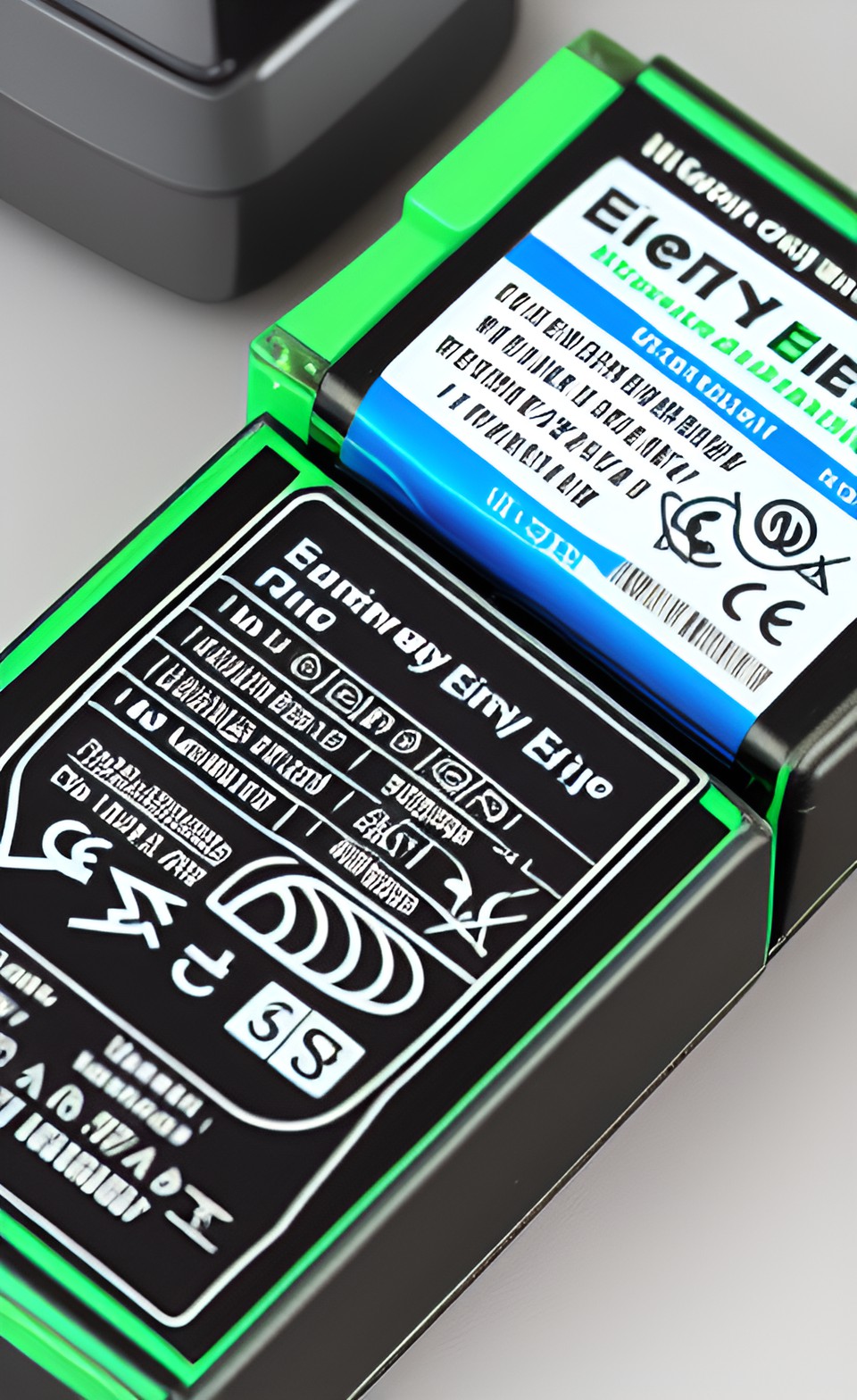Lithium batteries are a common type of rechargeable battery that are widely used in electronic devices due to their high energy density, long lifespan, and low self-discharge rate. In this article, we will introduce the principles, types, advantages, and disadvantages of lithium batteries.
The principle of lithium batteries is to charge and discharge through the introduction of lithium ions between the positive and negative electrodes. Lithium ions enter the electrolyte from the positive electrode, then move to the negative electrode and react with the electrode to release energy. During charging, lithium ions move back to the positive electrode and the battery returns to its initial state.
There are many different types of lithium batteries, including lithium-ion batteries, lithium polymer batteries, and lithium iron batteries. Lithium-ion batteries are the most common type, with high energy density, long lifespan, and low internal resistance. Lithium polymer batteries are relatively light and small, but have lower energy density. Lithium iron batteries have faster charging speed and longer lifespan, but are more expensive.
The advantages of lithium batteries include high energy density, long lifespan, and low self-discharge rate. High energy density means that the battery can store more energy, so the device can work for a longer time. Long lifespan means that the battery can be charged and discharged more times, so it can be used for a longer time. Low self-discharge rate means that the battery can retain its charge for a long time when not in use.
The disadvantages of lithium batteries include long charging time, susceptibility to heat, and vulnerability to damage. Lithium batteries require a long time to fully charge and are susceptible to overheating. Lithium batteries also require special chargers and protection circuits to avoid damage from overcharging or over-discharging.

In addition to everyday use, lithium batteries have special applications in electric vehicles, drones, smartwatches, smart homes, and other devices. In these devices, lithium batteries need to have higher energy density and longer lifespan to meet the requirements of the device. Moreover, to ensure safety, these devices often use multiple batteries in parallel or series to improve the stability of voltage and current.
In conclusion, lithium batteries are a common type of rechargeable battery with high energy density, long lifespan, and low self-discharge rate. When using lithium batteries, safety issues should be considered, and appropriate chargers and protection circuits used. In the future, lithium battery technology still has great development potential, which will bring us more efficient, safe, and environmentally friendly energy solutions.
